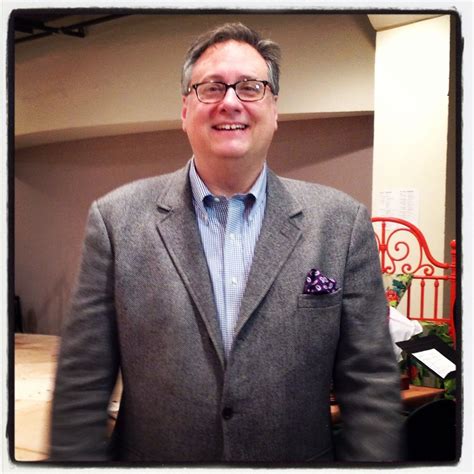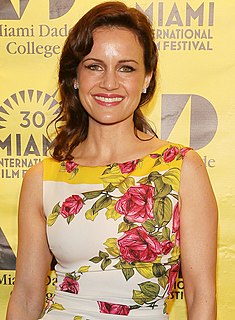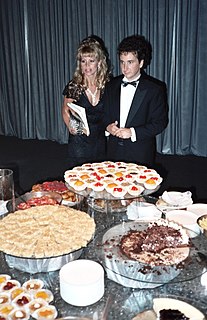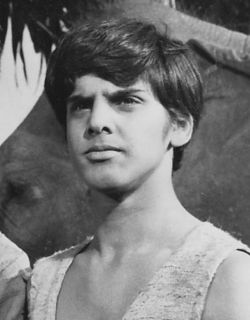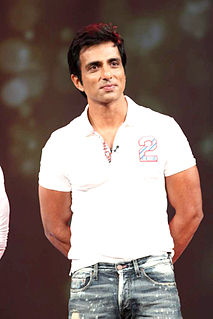A Quote by Kiefer Sutherland
There are certain moments that you have to hit in a film, like when a character cries.
Related Quotes
When I work on a film, you know, I try to get or inhabit the body of the character -from the vision of the directors or how i think the character should be - so if it's a film like SPEED, you hit the gym, you get to do some, train with SWAT People, hehe, but in general, I'm really focused and dedicated, and then in regular life, I don't go to the gym as often.
You have a certain objectivity, as a member of the audience, and you can come away maybe being provoked into a certain discourse or a certain arena of questioning, regarding how you would deal with things that your character has to deal with. Whereas when you're doing a film, once you start asking, "What would I do?," you're getting the distance greater between yourself and the character, or you're bringing the character to you, which I think is self-serving, in the wrong way. The idea is to bring yourself to the character.
That moment in 'Broadcast News' where Holly Hunter is told how great it is to be the smartest person in the room, and she cries and says it's awful - I definitely have moments like that sometimes, moments when introspection and drive can be lonely-making. And it doesn't help that I have a partner who is very work-oriented.
I like being the lead but I like being in an ensemble. There are different challenges and dilemmas with both. If you're carrying a film, there's a certain weight, but there are a lot of scenes to explore the character. When you're in an ensemble, you have to convey the entire character in a limited number of scenes.
I can act every single day because I love it; it's just so liberating. It might be rare, but there are certain moments when you really don't feel like yourself. When you are in the character so fully, it's the best feeling ever. I so love it. Even if those moments come just once a day or every other day, they are just worth it.

